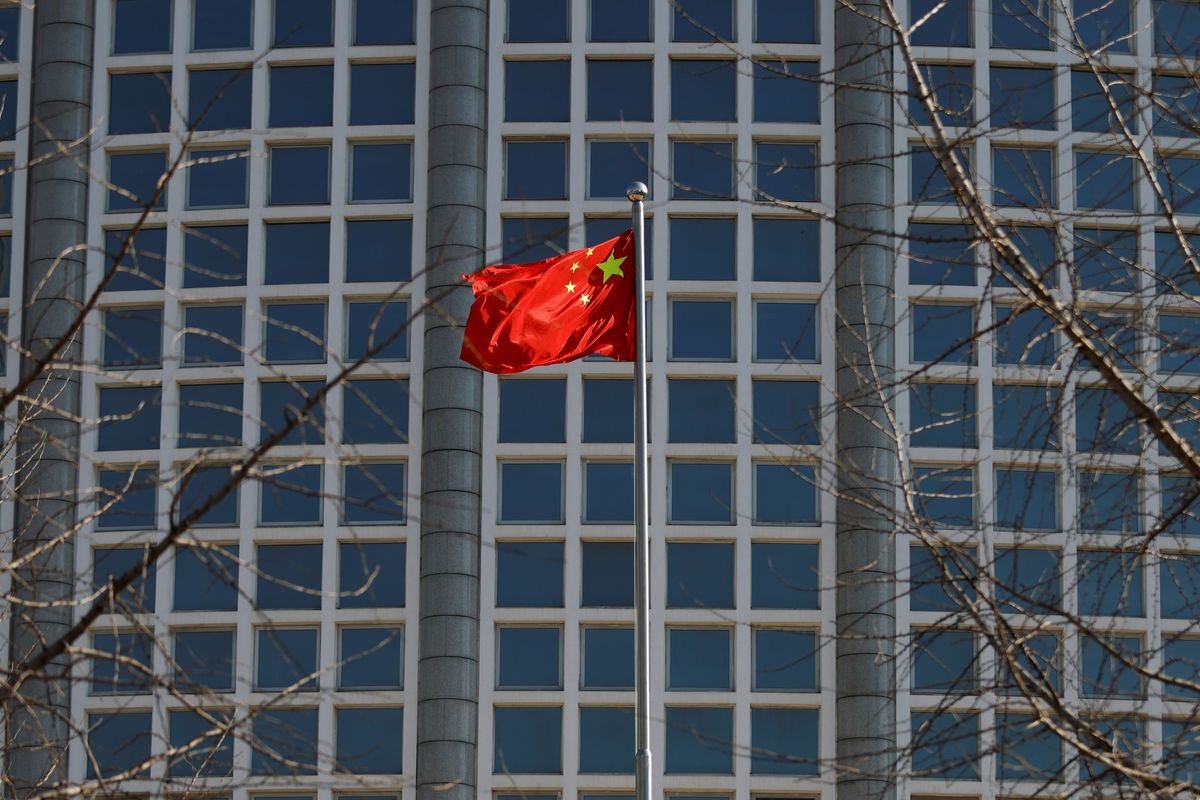Beijing is helping Chinese tech firms go through checks to get off of the US Unverified List
Things have been tense between the world's two biggest economies since the US Biden administration curbed China's access to semiconductor tech.

A few minutes every morning is all you need.
Stay up to date on the world's Headlines and Human Stories. It's fun, it's factual, it's fluff-free.
Things have been tense between the world's two biggest economies since the US Biden administration curbed China's access to semiconductor tech and tools (along with other disagreements, like House Speaker Pelosi's visit to Taiwan). But, after Xi and Biden's breakthrough meeting at the G20 last month, China-US relations seem to be improving, with shared priorities like climate change and both leaders showing efforts to cool tensions.
China's memory chip firm YMTC is one of the dozens of companies on the US Unverified List, meaning it hasn't yet passed checks ensuring its products won't go to military use. The US doesn't blacklist them right away, but the Department of Commerce said on October 7 that they have a deadline of 60 days to comply, or it will trigger the next steps to move them to the US Entity List – meaning no trade without an approved license.
Now, China's Ministry of Commerce is helping these companies through the US checks, according to inside sources. This is just one more sign of improved cooperation between the countries. The 60-day deadline expires on Monday.
Key comments:
"Semiconductors are ground zero in this technological competition and core to our investment strategy," said US Commerce Secretary Gina Raimondo. "We have to ensure the US builds the talent, technologies and manufacturing capacity necessary to be at the forefront of innovation and lead the global economy."
"Only arrogant and ignorant people can truly believe that the US can block the development of China's semiconductor or other technology industries by these illegitimate means," said the nationalistic Global Times newspaper in an editorial. "The US hegemony in science and technology that harms others without benefiting itself may bring some short-term difficulties to China's semiconductor industry, but will in turn strengthen China's will and ability to stand on its own in science and technology."
"The determinants of power for the next couple of decades are going to be less about military confrontation," said Julia Friedlander, a former adviser at the US Department of the Treasury. "It's more going to be about regulation and the integration of capital markets and supply chains. This is the forefront of international relations."




Comments ()